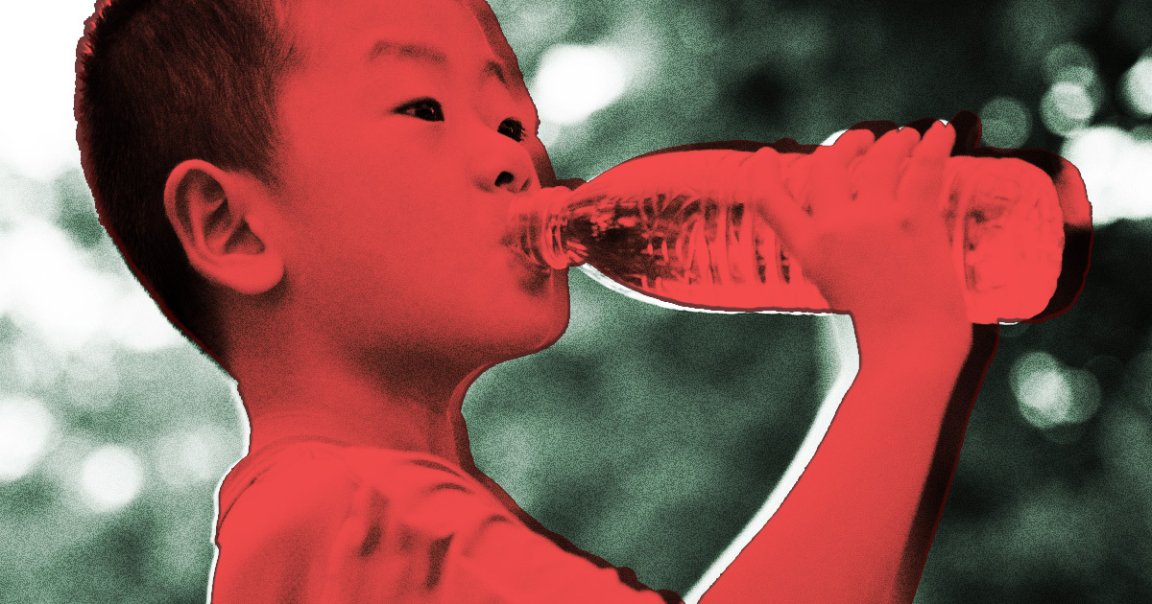
A body of the world’s leading public health researchers says that the number of children dying from noncommunicable diseases over the past 50 years has gone up dramatically, largely because of exposure to synthetic chemicals and plastics.
In a new paper published in the New England Journal of Medicine, which one author described to The Guardian as a “call to arms,” the scientists demand urgent global action and a dramatic restructuring of the law and the chemical industry.
“The evidence is so overwhelming and the effects of manufactured chemicals are so disruptive for children, that inaction is no longer an option,” study coauthor Daniele Mandrioli, director of the Cesare Maltoni Cancer Research Center at the Ramazzini Institute in Italy, told The Guardian. “Our article highlights the necessity for a paradigm shift in chemical testing and regulations to safeguard children’s health.”
The data the researchers point to, encapsulating the past 50 to 75 years, is alarming. Childhood cancer rates have increased by 35 percent. One in 36 children are now diagnosed with autism. The number of children with asthma has tripled, while obesity has quadrupled. And for boys, the rate of birth defects in the reproductive organs has doubled.
This escalation of disease rates coincides with a surge in synthetic chemical and plastics production, which has increased by 50 times since 1950. Even today, the manufacturing of these largely fossil fuel-derived substances is on a steady upward trajectory of 3 percent per year and is expected to triple by 2050, the authors wrote, per The Guardian.
“There’s an ancient axiom in medicine and toxicology that the dose makes the poison, meaning that the higher the dose, the greater the harm,” lead author Philip Landrigan, director of the Global Observatory on Planetary Health at Boston College, told WBUR.
“But what we’ve learned in the last… couple of decades is that in early human development, which really means during the nine months of pregnancy, the timing is equally as important as the dose,” he explained. “And even a very tiny dose at the wrong moment in early pregnancy can have very serious consequences for a child’s health and child’s development.”
The threat is no less concerning once a baby is out of the womb, as even low levels of exposure to toxic synthetic chemicals during a child’s development can cause diseases, the researchers said.
Combatting this will require nothing short of a herculean effort, but some of the most consequential changes that the scientists call for can be accomplished with existing institutions, though it will require both government and manufacturers to take more responsibility.
“The core of our recommendation is that chemicals should be tested before they come to market, they should not be presumed innocent only to be found to be harmful years and decades later,” Landrigan told The Guardian. “Each and every chemical should be tested before they come to market.” After they’re brought to market, Landrigan says, manufacturers should be required to actively monitor the long term effects of their products.
More on harmful chemicals: There’s a Scandal Growing About That Paper About How Black Spatulas Are Killing You